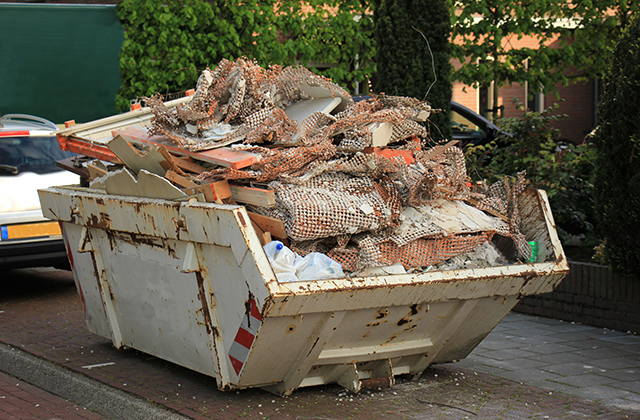Going green could not only be a way of reducing your impact but it could also save you money, so it makes sense on two counts. Yes, recycling a tin can isn’t going to put a stop to global warning but it’s our responsibility not to be wasteful just because we’re more fortunate than others. Rubbish removal Northern Beaches provide you with a simple, easy solution for removing the waste and debris from your property quickly, and we are ready to head to your location to get the job done promptly and without fuss.
Just a few facts to start: (Source: The Green Parent website)
- Each year in Britain, we throw away 28 million tonnes of rubbish from our homes. This weighs the same as three and a half million double-decker buses. A queue of buses that long would go around the world one and a half times.
- You can make 20 cans out of recycled material with the same amount of energy it takes to make one new one.
- The UK produces 420 million tonnes of solid waste every year. That’s the weight of 5 cars for each person every year. We only recycle 11% of it.
- Incinerating 10,000 tonnes of waste creates one job, land filling the same amount of waste creates 6 jobs, but recycling the same 10,000 tonnes creates 36 jobs.
- Every tonne of paper recycled saves 17 trees.
- In just over a week, we produce enough rubbish to fill Wembley Stadium. Over half of that waste can be recycled. (Source: DETR).
- Every year in the UK we use 13 billion steel cans which, if you placed them end to end, would stretch three times to the moon! (Source: Steel Can Recycling Information Bureau).
- The energy saved from recycling one glass bottle is enough to power a light bulb for 4 hours. (Source practicalhelp.org).
- Recycling one plastic bottle can save the same amount of energy needed to power a 60-watt light bulb for 6 hours. (Source: Recoup).
Here are some tips and ideas to live and work greener:
Follow the Reduce Reuse Recycle philosophy
Reduce – the packaging you buy in the first place. Buy produce loose. Don’t buy processed food which relies on packaging. Buy packaging that CAN be recycled. Build a compost heap.
Reuse – carrier bags, cartons, jars, paper.
Recycle – glass, paper, plastic, cardboard, clothes etc. Recycle unwanted goods to charities, car-boots etc. Sign up with the Mailing Preference Service (in the UK) to reduce junk mail.
- Think about what you buy and think about what you throw away. It’s just shear wastefulness in many cases.
- Donate your unwanted possessions such as clothes, toys etc. to charity, recycling or Freecycle. How much ‘stuff’ do you have that you never use?
- Eliminate 3 non-essential purchases. Check your bank and credit card statements – what’s there that you no longer use, e.g. subscriptions? What don’t you really need?
- If you don’t have one already, start a compost heap. Recycle all your kitchen and garden waste and create something wonderful out of rubbish. Grow something in your garden or in a pot that you can eat. Tomatoes are easy to start with and you can grow salad and herbs in a window box.
- Replace your light bulbs with low energy equivalents and not only help the environment but reduce your energy bills. Switch off lights when you’re not in the room.
- Switch off your TV, hi-fi, computer. Don’t leave them on standby – you’re still using electricity. It’s a waste both environmentally and financially. I picked up a gadget yesterday from the local council that automatically shuts down the power.
- Reduce your rubbish this month. Avoid buying anything with unnecessary packaging and recycle everything you can – glass, paper, tin, plastic, cardboard. If you don’t already, sign up with your green box / recycling scheme if your local council runs one.
- Use alternative means of transport where possible. If I have meetings in town, I tend to either cycle or take the bus. If I do drive, I make sure I’m combining tasks or meetings (good time management as well!) Walk to the local shops for your paper rather than jump in the car for short journeys.
- Start volunteering. If you work in a company – why not organise a day out volunteering for your team? Most companies these days get involved in the community as part of Corporate Social Responsibility, so why not do something worthwhile and make a difference to your local countryside or community?
So this week – see what you can do to slow down and green up your life.
Take some action and reduce your own waste. You’ll improve your wallet too!
Clare Evans is the author of a time management book. She is a personal and business coach and enables individuals and business owners to get more out of their day and make better use of their time.
How good is your Time Management – find out in my FREE Time Audit and get free articles, information, tips and resources when you register for her free newsletter http://www.clareevans.co.uk
Article Source: https://EzineArticles.com/expert/Clare_Evans/7299
Article Source: http://EzineArticles.com/6748616
